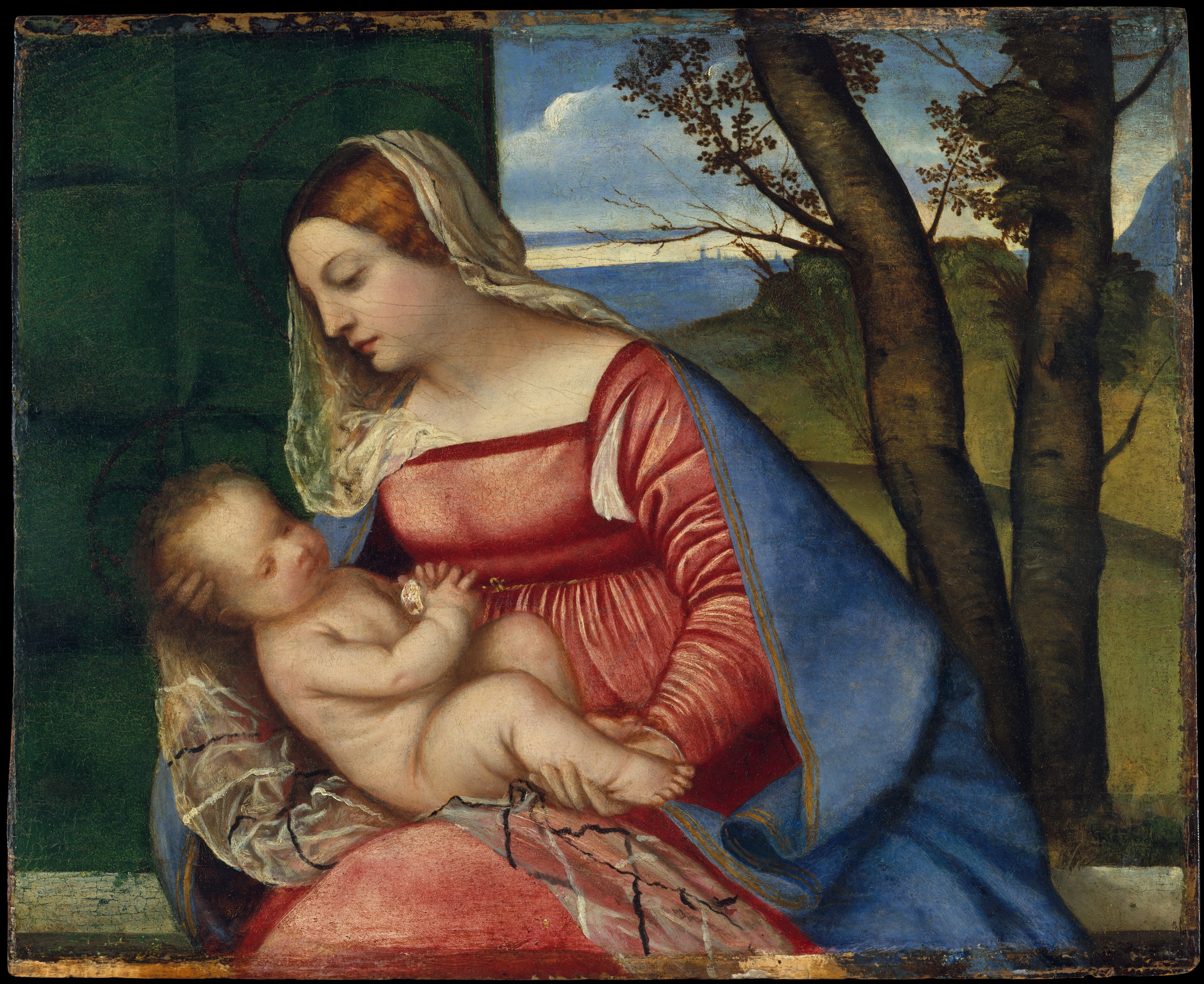 Advent has always been my favorite time of year. Not only does it lead up to the festival of Christmas, but my birthday falls right around half way through. What’s more, I grew up in snowy Central New York—that’s the barren hinterlands of Upstate, for those in the city so nice they named it twice—and if I didn’t get a White Christmas, the Great Lakes were good for a storm around my birthday so there’d at least be a good beginning to the winter.
Advent has always been my favorite time of year. Not only does it lead up to the festival of Christmas, but my birthday falls right around half way through. What’s more, I grew up in snowy Central New York—that’s the barren hinterlands of Upstate, for those in the city so nice they named it twice—and if I didn’t get a White Christmas, the Great Lakes were good for a storm around my birthday so there’d at least be a good beginning to the winter.
Advent is far from an untouched subject around these parts, so I’m clearly not alone.
Your OT Advent Calendar this year will be musical. We’ll talk about diamond-in-the-rough traditional tunes just waiting for renewed popularity, crimes against Christmas, the silly songs and the songs that have become modern traditions. We’ll also talk about the notion of true Christmas Carols, those which address the twelve days festival beginning on Christmas itself, including not just the one day-counting song but another.
Let’s dive in, shall we?
Today’s tune is “Lullay Mine Liking.”
Like yesterday’s entry, this is another lullaby. In fact this is one of the earliest surviving examples of a lullaby in English. The word “lullaby” is, in fact, onomatopoeia; it is the “lu lu,” “la la” and “bye bye” sounds mothers often make to calm infants. Which suggests a new meaning to Radiohead’s “There There,” but—as I so often do—I digress.
The tune is relatively modern—we’ll get to the lyric in a moment—and perhaps the most frequently heard arrangement is that of Gustav Holst—yes, that, Gustav Holst.
Here’s another, by Philip Lawson:
Another, by Trevor Watkin:
Seriously, as nice as the others are, give me Holst every day of the week.
The lyric is from the 15th century. Here it is in all of its late Middle English glory:
Lullay, myn lykyng, my dere sone, myn swetyng,
Lullay, my dere herte, myn owyn dere derlyng.I saw a fayr maydyn syttyn and synge,
Sche lullyd a lytyl chyld, a swete lordyng,That eche lord is that that made alle thinge,
Of alle lordis he is lord, of alle kynges kyng.Ther was mekyl melody at that chyldes berthe,
Alle tho wern in hevene blys thei made mekyl merthe,Aungelebryt thei song that nyt and seydyn to that chyld,
“Blyssid be thou, and so be sche that is bothe mek and myld.”Prey we now to that chyld, and to his moder dere,
Grawnt hem his blyssyng that now makyn chere.




